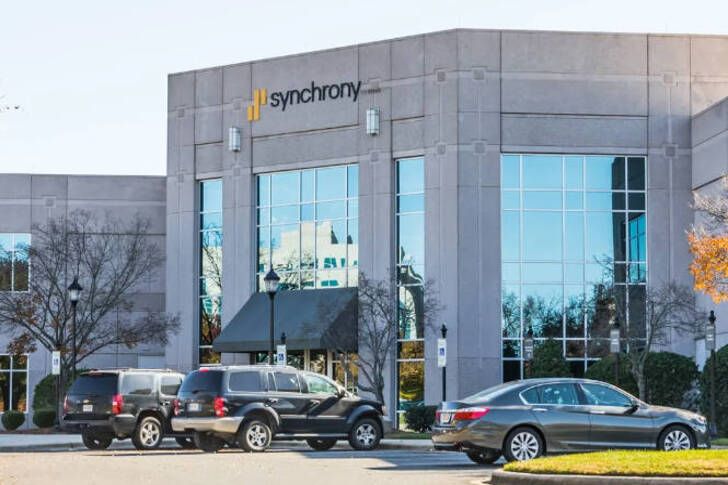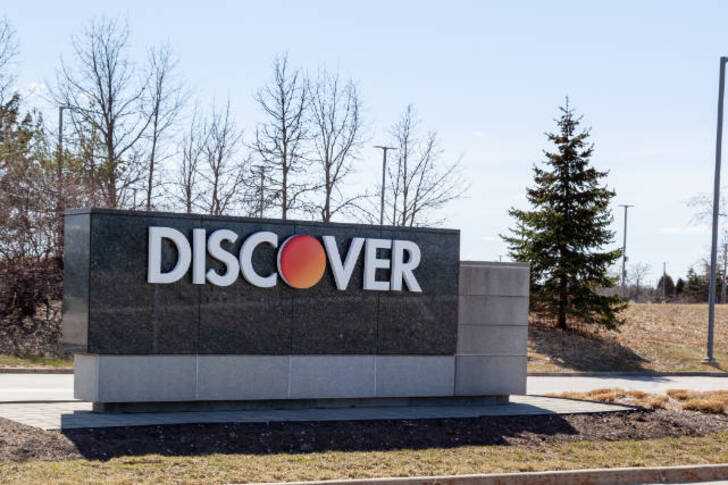Earn More with High CD Rates: Tips and Strategies
In recent times, banks across the United States have started offering Certificates of Deposit (CDs) at significantly high rates. This shift presents an excellent opportunity for savers to lock in attractive returns on their investments. This article explores the reasons behind this trend, how to take advantage of these high rates, and what to consider when choosing a CD.

Reasons for High CD Rates
- Economic Conditions:
- Economic stability and growth can lead to higher interest rates as banks try to attract more deposits.
- Inflation control measures can result in increased rates to encourage savings.
- Federal Reserve Policies:
- Changes in the Federal Reserve’s interest rate policies directly impact the rates offered on CDs.
- Recent rate hikes by the Fed have prompted banks to offer higher CD rates to stay competitive.
- Bank Competition:
- Banks compete for consumer deposits by offering higher rates.
- Online banks, in particular, often provide higher rates compared to traditional banks due to lower overhead costs.
- Demand for Safe Investments:
- In uncertain economic times, consumers seek safe investment options, and banks respond by offering attractive CD rates.
To secure high Certificate of Deposit (CD) rates in the U.S., senior citizens can consider the following strategies:
1. Shop Around and Compare Rates
- Different financial institutions offer varying CD rates. Seniors should compare rates from local banks, credit unions, and online banks. Websites like Bankrate and NerdWallet provide up-to-date comparisons of CD rates.
2. Consider Online Banks
- Online banks often offer higher CD rates compared to traditional brick-and-mortar banks because of lower overhead costs. Examples include Ally Bank, Marcus by Goldman Sachs, and Synchrony Bank.
3. Look for Special Promotions
- Banks and credit unions periodically offer promotional CD rates. These can be higher than their standard rates and may be available for a limited time. Keeping an eye on these promotions can yield better returns.
4. Join a Credit Union
- Credit unions are member-owned financial cooperatives that often provide better rates on CDs compared to traditional banks. Membership is typically based on factors like employment, geographic location, or membership in certain organizations.
5. Invest in Long-term CDs
- Longer-term CDs generally offer higher interest rates compared to shorter-term CDs. However, it’s important to ensure that the funds won’t be needed before the CD matures to avoid early withdrawal penalties.
6. Consider Jumbo CDs
- Jumbo CDs require a larger minimum deposit, usually $100,000 or more, but they often come with higher interest rates. If feasible, investing in a jumbo CD can provide better returns.
7. Negotiate with Your Bank
- For existing customers with substantial deposits or a long history with the bank, negotiating for a higher CD rate can sometimes be effective. Banks may be willing to offer better rates to retain valuable customers.
8. Laddering Strategy
- CD laddering involves dividing an investment into multiple CDs with different maturity dates. This strategy provides liquidity while taking advantage of higher rates on longer-term CDs. As each CD matures, it can be reinvested in a new long-term CD, thus gradually increasing the average rate.
9. Check for Senior-Specific Accounts
- Some banks and credit unions offer special accounts or CDs for seniors that come with higher interest rates. Inquiring about these options can lead to better returns.
10. Monitor Economic Conditions
- CD rates are influenced by the overall economic environment, including the Federal Reserve’s interest rate policies. Staying informed about economic trends can help in timing CD investments to take advantage of rising interest rates.
Here are ten banks in various U.S. cities where seniors can secure high CD rates, along with their locations and postal codes:
- Paramount Bank
- Location: St. Louis, MO
- Postal Code: 63101
- Best Rate: 5.55% APY for 11 months
- Minimum Deposit: $1,000
- NexBank
- Location: Dallas, TX
- Postal Code: 75201
- Best Rate: 5.40% APY for 12 months
- Minimum Deposit: $25,000
- CFG Bank
- Location: Baltimore, MD
- Postal Code: 21202
- Best Rate: 5.36% APY for 12 months
- Minimum Deposit: $500
- TotalDirectBank
- Location: Miami, FL
- Postal Code: 33131
- Best Rate: 5.51% APY for 3 months
- Minimum Deposit: $25,000
- Bask Bank
- Location: Dallas, TX
- Postal Code: 75201
- Best Rate: 5.35% APY for 3 months
- Minimum Deposit: $1,000
- Dow Credit Union
- Location: Midland, MI
- Postal Code: 48640
- Best Rate: 5.30% APY for 3 months
- Minimum Deposit: $500
- T Bank
- Location: Dallas, TX
- Postal Code: 75201
- Best Rate: 5.60% APY for 9 months
- Minimum Deposit: $500
- West Town Bank & Trust
- Location: Raleigh, NC
- Postal Code: 27601
- Best Rate: 5.00% APY for 24 months
- Minimum Deposit: $10,000
- First Internet Bank
- Location: Fishers, IN
- Postal Code: 46037
- Best Rate: 4.50% APY for 60 months
- Minimum Deposit: $1,000
- DR Bank
- Location: Darien, CT
- Postal Code: 06820
- Best Rate: 5.25% APY for 15 months
- Minimum Deposit: $500
These banks offer some of the highest CD rates available, making them excellent options for seniors looking to maximize their savings. Always check the latest rates and terms, as they can change frequently.
Frequently Asked Questions (Q&A)
Q: What is a Certificate of Deposit (CD)? A: A Certificate of Deposit (CD) is a savings product offered by banks that pays a fixed interest rate for a specified term. The principal and interest are returned at the end of the term.
Q: How do CD rates compare to savings account rates? A: CD rates are typically higher than savings account rates because they require the funds to be locked in for a fixed term, providing the bank with more stability.
Q: Can I withdraw my money before the CD term ends? A: Yes, but withdrawing funds before the CD matures usually incurs a penalty, which can vary depending on the bank and the CD term.
Rates Comparison Chart for Top U.S. Banks (as of 2023)
| Bank | CD Term | Highest Rate (%) | Lowest Rate (%) | Minimum Deposit ($) | Additional Benefits |
|---|---|---|---|---|---|
| Ally Bank | 1 Year | 5.00 | 4.20 | 1,000 | No penalty CDs available |
| Discover Bank | 5 Years | 4.75 | 4.25 | 2,500 | Competitive long-term rates |
| Marcus by Goldman Sachs | 3 Years | 4.60 | 4.15 | 500 | High rates with low minimum deposits |
| Synchrony Bank | 1 Year | 5.15 | 4.50 | 2,000 | Strong rates and flexible terms |
| Capital One | 2 Years | 4.55 | 3.90 | 1,000 | No minimum balance required |
| Barclays | 3 Years | 4.70 | 4.6 | 1,000 | No monthly fees |
| CIT Bank | 1 Year | 4.65 | 4.35 | 1,000 | Great customer service |
| American Express | 5 Years | 4.80 | 4.25 | 2,500 | Reputable and reliable |
| TD Bank | 2 Years | 4.50 | 4.00 | 1,000 | Special rates for TD Bank customers |
| PNC Bank | 3 Years | 4.60 | 4.20 | 1,000 | Various CD options available |
Conclusion
High CD rates offered by US banks present a lucrative opportunity for savers to earn more on their investments. By understanding the factors influencing these rates and using strategic approaches like comparing rates, considering online banks, and laddering CDs, seniors and other investors can maximize their returns.
Interest rates may vary by different bank or deposite amounts
Sources











Recent Comments